10 Amazing Health Benefits Of Corn Silk Tea
The rich vitamin C in this healthy drink can do wonders for your health!
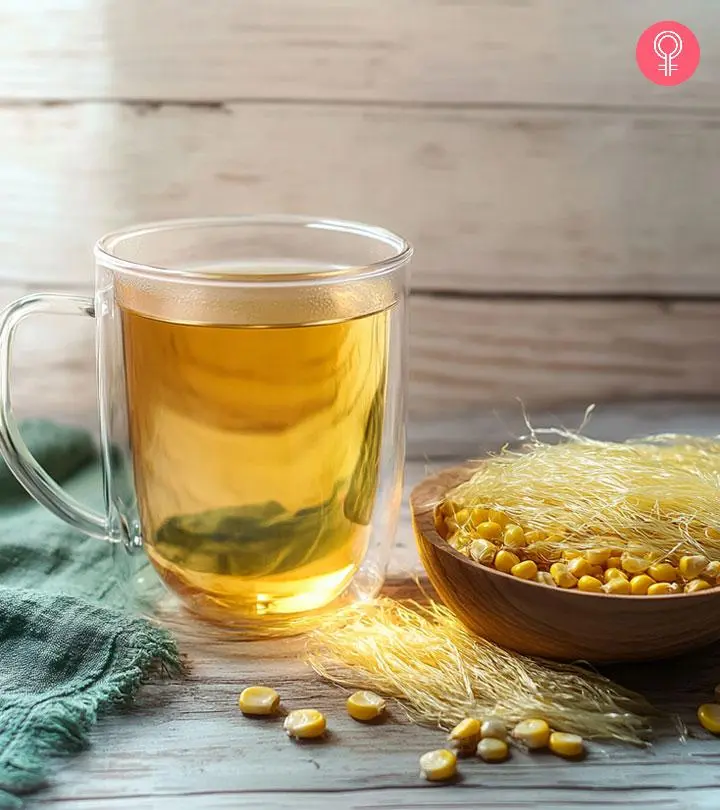
Image: Midjourney/ StyleCraze Design Team
While you may have enjoyed corn on the cob, or its kernels boiled, crispy-fried, or popped, have you ever wondered about its silky hairs that you unpeel and throw away? Surprisingly, those silvery corn strands can be made into corn silk tea! Corn silk tea benefits, though not very popular, are significant nonetheless! The use of corn silk in traditional medicine goes back several centuries. It is rich in antioxidants and is also known to have diuretic, anti-inflammatory, anti-depressant, anti-diabetic, and anti-fatigue benefits (1). Read on to learn more about these amazing benefits and how you can prepare corn silk tea to avail of them.
 Know Your Ingredient: Corn Silk Tea
Know Your Ingredient: Corn Silk TeaWhat Is It?
Tea made from the yellowish thread-like stigmas of female corn flowers.
What Are Its Benefits?
Its vitamin C content may prevent cardiovascular disease and it may also regulate insulin levels, keeping blood sugar levels in check.
Who Can Consume It?
Anyone can consume this tea except they should be aware if it will interfere with any medication that they might be taking.
How Often?
It can be consumed daily in moderation.
Caution
Avoid taking it if you have allergic reactions such as rash, redness, and itching.
In This Article
Corn Silk – An Overview
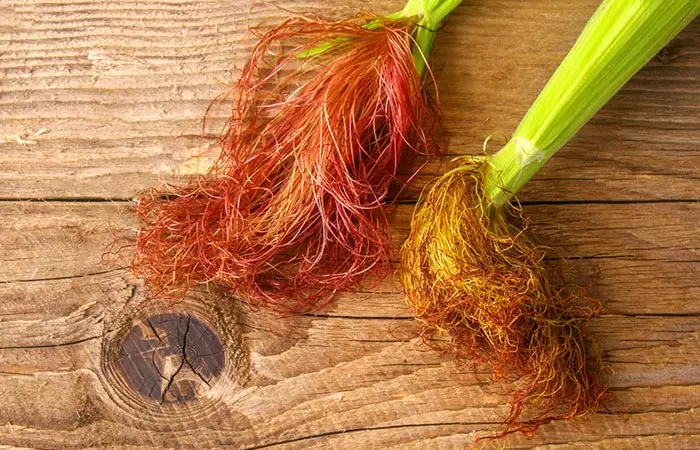

Corn silk contains stigmasterol and sitosteroli Cholesterol-like substance present in fruits, vegetables, nuts, and seeds that is used to lower cholesterol levels and cure heart diseases. , which are highly effective in preventing heart disease and high cholesterol (1). It also has plant acids that help in improving oral and skin conditions as well as regulating glucose levels in your body (2). The most common way to make use of corn silk is in the form of tea. You should definitely make corn silk tea a staple in your home.
 Trivia
TriviaHere are the top 10 benefits you can get from corn silk tea.
Key Takeaways
- Corn silk tea provides vitamin C and other nutrients and boosts the digestive system.
- It reduces blood sugar, gout, kidney problems, and bleeding during childbirth in women.
- It is also effective in treating bedwetting, rashes, and urinary problems, even in pets.
- Consume it with honey or with alcohol.
Top Health Benefits Of Corn Silk Tea
Jesse Feder, a Clinical Dietitian with the Memorial Regional Hospital South, says, “Corn silk has been used as a medicinal herb around the world to treat several different types of medical conditions (chest pain, blood pressure, acid reflux, digestion, glaucoma, etc.). However, there is limited research that it truly works for these conditions.”
Let’s take a look at the many corn silk benefits below:
1. Provides Vitamin C
With corn silk tea, you get loads of Vitamin C. This is a powerful antioxidant that helps prevent the damage of free radicals and cardiovascular diseases (2). It also stimulates blood circulation, which is essential for the optimal functioning of all the vital organs of the body.
2. May Reduce Blood Sugar Levels

Corn silk tea is great for people with high blood pressure (3). It helps in reducing the levels of blood sugar by regulating insulin levels in the body (4). It is also an excellent natural treatment for congestive heart failure, diabetes, high cholesterol, etc.
3. May Reduce Gout
According to anecdotal evidence, corn silk tea may help reduce pain associated with gout. However, limited data is available in this regard. If you want to try this remedy start by drinking 2-3 cups of corn silk tea a day. Once there’s some relief from the pain, 1 cup a day is enough.
4. May Help Treat Bedwetting

This is a problem that children and adults face. Corn silk tea is a very effective home remedy for bedwetting (5). Experts recommend drinking 1 cup of corn silk tea before going to bed to treat this problem.
5. May Help With Kidney Problems
Corn silk tea is also a wonderful home remedy for kidney problems (6). It acts as a diuretic agent (1) and is highly effective in treating conditions that are related to the kidneys, including painful urination, urinary tract infection, bladder infection, inflammation of the urinary system, and kidney stones.
6. May Boost Digestion
This beneficial tea helps in boosting digestion and treating digestive problems (6). Research has shown that corn silk tea can stimulate the secretion of bile by the liver. This bile is stored in the gallbladder, resulting in proper digestion of food.
7. May Control Bleeding
One of the many benefits of drinking corn silk tea is that it provides your body with Vitamin K in a good amount. This vitamin is important for controlling bleeding, especially for women who are going through childbirth.
8. May Increase Urine Output
As mentioned earlier, corn silk tea is an effective natural treatment for kidney problems. This is because it helps in increasing the amount of urine (5). When this occurs, you can avoid many kidney problems as toxins and other harmful substances are efficiently flushed out of your body.
9. Provides Nutrients
Corn silk tea is also a great source of beta-carotene, riboflavini A type of vitamin B that plays a crucial role in cell development, energy synthesis, and the disintegration of lipids, steroids, and drugs. , menthol, thymoli A white crystalline material with potent antibacterial effects found in the oil of thyme and ajwain. , seleniumi Both naturally present in food and a dietary supplement, it plays an important role in the synthesis of DNA and defense against cellular damage. , niacin, and limonene, among other essential nutrients. These are not available in all plant foods, and this makes this tea highly beneficial for your health.
10. May Help Treat Rashes And Boils
Corn silk tea can also be used topically to treat skin problems such as rashes, and boils and helps relieve itching and pain caused by insect bites, scrapes, and minor cuts. It has antibacterial and antiseptic properties that help in preventing infections. However, limited data is available.
How To Make Corn Silk Tea
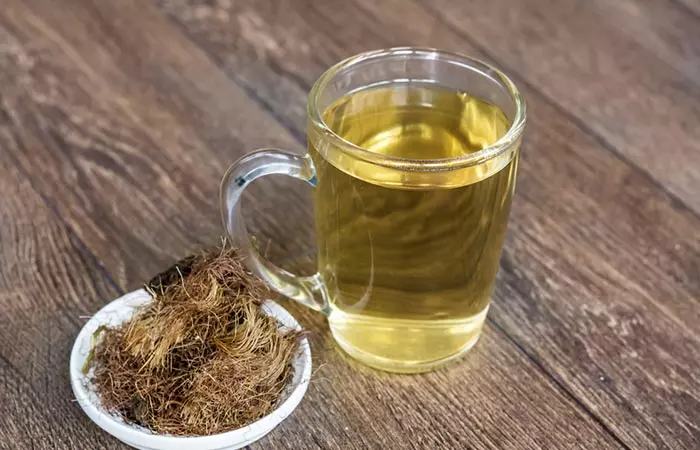
Making corn silk tea is not difficult. All you need to do is:
- Boil 1 tablespoon of corn silk (dried and chopped) in 1 cup of water.
- Once it is done, cover the pan and allow it to steep for 15 to 20 minutes.
- When it is cold enough to drink, you can add 1 teaspoon of raw honey if you desire. This sweetens the tea for those who prefer it that way.
- You can store the remaining tea in your refrigerator for 2 to 3 days.
Note: You may also add some fresh herbs like mint or lemon balm while steeping the brew to boost the tea’s flavor. This elevates its taste while adding to its nutritional value.
The dose depends on the condition that you suffer from as well as your body weight. The general recommendation for adults is 1 cup, two to three times a day. Experts recommend not drinking corn silk tea right before you go to sleep. The dose for children should be reduced accordingly. Before you use this tea as a treatment for any condition, make sure that you consult your health care provider to make sure that it does not interfere with any medication.
 Trivia
TriviaHow To Make Corn Silk Alcohol Tincture
To make a tincture out of corn silk, all you need to do is:
- Take a small jar and fill it about ¼ with chopped corn silk.
- Fill the rest of it with vodka or any other high proof alcohol.
- Cover the jar and let the two ingredients infuse for 4 to 6 weeks in a cool, dark place. Make sure that you shake it occasionally.
- Strain and take about ¼ to ½ teaspoon a few times every day. You should reduce the dose for smaller children.
- You can mix a spoonful of honey to make it taste better, especially if you are giving it to children.
You can store this corn silk alcohol for over a year as it has a long shelf life.
How To Make Glycerite Or Glycerin Tincture
Another way to preserve your corn silk is to use vegetable glycerin, instead of alcohol, to make a tincture. A glycerite is a better option for children, pets and those who do not consume alcohol. All you need to do is:
- Take fresh corn silk and glycerin (about 2 to 3 times its amount).
- Blend the two in a food processor until it has macerated thoroughly.
- Pour the mixture into a jar, cover and store in a cool, dark place. Make sure that you shake it every day.
- After 2 weeks, remove it, and using a fine mesh sieve, strain the glycerite. You can also use several layers of cheesecloth.
- Experts recommend a starting dose of ¼ to ½ teaspoon several times every day. Reduce the dosage for children.
Like the alcohol tincture, this glycerite has a long shelf life and can be stored for about a year.
Corn Silk For Pets
As mentioned earlier, corn silk can be used to treat your pets as well. It is considered to be an effective natural treatment for feline lower urinary tract disease. Using fresh corn silk tea is the best option if it is the urinary tract that needs treatment. However, you can also use a glycerite.
Dosage For Pets
Corn Silk Tea: The suggested dose of this suggested dose of this tea is about ¼ cup per 20lbs of body weight 2 times a day.
Glycerite: The suggested dose of this tea is ¼ teaspoon per 20lbs of body weight two times a day. This treatment is not recommended for pregnant animals.
You should consult your vet for further guidance to treat your pet’s particular condition.
Corn Silk Tea And Its Goodness
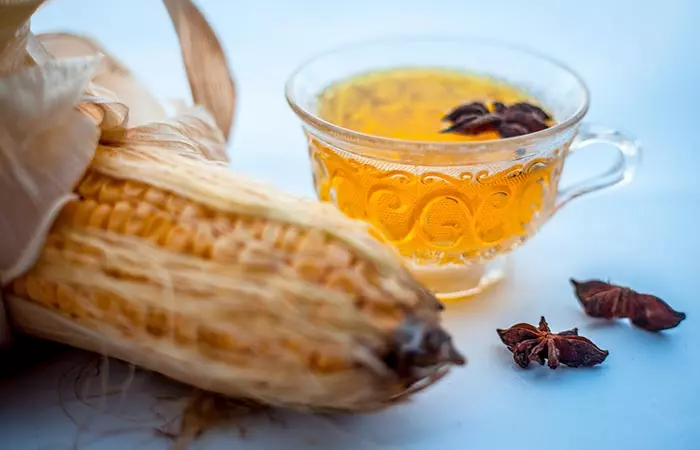
There is constant research being conducted on corn silk tea and how it can benefit your health. If you are looking for a mild, natural remedy that helps in improving your health, this is an excellent option that you should definitely try out. It has a great taste and is loaded with antioxidants, vitamins, and minerals. It also contains polyphenols that keep a wide range of diseases away. This makes corn silk tea a beneficial beverage, whether you are trying to treat a specific condition or simply want to improve your general overall health.
According to researchers, corn silk has other benefits as well. It is found to be an effective natural treatment for conditions including disorders of the prostate, obesity, PMS and carpel tunnel syndrome. It may also have anti-aging benefits and improve skin, and may also have positive effects on hair (8). So, as you can see, drinking a cup or two of corn silk tea every day can have many wonderful effects on your body and give you many benefits.
As with all natural remedies, it is important to consult a doctor before starting. It is vital to make sure that you are not taking any medications that have an adverse effect on your health when combined with a natural remedy. You should also make sure that you don’t have any conditions that lead to further complications when you use remedies like corn silk tea. Whether you are taking corn silk tea to treat a medical condition or want to gain all the nutrients it has to offer, make sure that you discuss it with your health care provider beforehand.
Comparing Corn Silk Tea With Other Herbal Teas
Corn silk tea has a gentle, calming flavor that is earthy and somewhat sweet. It is well-known for its diuretic qualities, which promote urinary health, lessen water retention, and aid in treating kidney-related conditions. It has anti-inflammatory properties and is high in vitamins and antioxidants. In contrast, chamomile tea is well-known for its calming properties, which include reducing anxiety, promoting sleep, and easing digestive issues (9). Its mildly sweet and flowery flavor adds to its effect on relaxation. On the other hand, peppermint tea is valued for its digestive properties, which include reducing nausea and bloating and refreshing the palate with a cool, minty flavor (10).
While corn silk tea does offer various health benefits, it can have a few potential side effects as well. If you are considering including it in your diet learn more about them below and make an informed decision. Read on.
Side Effects Of Corn Silk Tea
- A study found that the ceremonial use of oral corn pollen may cause hypersensitivity in native Americans (11). It was also found that the infusion of corn silk in traditional herbal medicine may cause an allergic reaction.
- An animal study found that excess consumption of corn silk may cause allergic reactions and uterine contraction (12). However, more studies are warranted to study the detailed side effects of corn silk and its mechanisms in humans.
- Anecdotal evidence suggests that corn silk tea may decrease potassium levels in your body, which may cause itching and rashes.
As with any herbal remedy, you need to exercise caution as everyone’s body reacts differently to different ingredients. So, always consult with your healthcare professional before consuming corn silk tea, especially if you are pregnant, nursing, or on any medication.
Infographic: Top 7 Health Benefits Of Corn Silk Tea
Whether you are looking for a healthy alternative to coffee or want a delightful new addition to your tea collection, you need to get your hands on corn silk tea! Corn silk is packed with nutrients just like its kernels that boost your health.
Discover more benefits of the delicious tea these silky strands can offer in the infographic below.
Some thing wrong with infographic shortcode. please verify shortcode syntax
The benefits of corn silk tea are numerous. The tea can offer the required amounts of vitamin C, which plays a major role in the functioning of vital organs. It has antioxidant, anti-inflammatory, antibacterial, and antiseptic properties. The tea also helps manage blood pressure levels, high cholesterol, and diabetes. Corn silk tea also reduces the pain associated with gout. In addition, it also may help manage bedwetting, kidney problems, and bleeding. It also boosts digestion and helps treat boils and rashes. Additionally, it may also promote detoxification, aid weight loss (13), and boost the immune system (14). You can prepare this tea easily at home with simple ingredients. Corn silk alcohol tincture and glycerin tincture also offer various benefits. Try consuming corn silk tea in moderation to reap its benefits.
Frequently Asked Questions
Can corn silk tea be safely consumed daily, and are there any dosage guidelines to follow?
According to Dr. Krutika Nanavati, Ph.D, RDN, “Corn silk tea can be a supportive addition to a wellness routine when used thoughtfully. Traditionally used in various cultures for urinary and kidney support, it acts as a mild diuretic, helping the body gently eliminate excess fluids. Consuming 1 to 2 cups daily is generally safe for most healthy adults. However, Dr. Nanavati emphasizes the importance of individual context factors like existing health conditions, medications, and overall hydration levels, which all play a role in how the body responds.”
Does corn silk reduce belly fat?
Jesse Feder says, “In some research studies, corn silk has been shown to curb fat synthesis and reduce belly fat in humans.”
How long does it take for corn silk to work?
According to Jesse, “There is still limited research on corn silk. However, the studies that showed a positive effect took place over 4-8 weeks. So, it is best to assume you should wait around 4-8 weeks to see an effect.”
Is corn tea the same as corn silk tea?
“No, they are made using different parts of the vegetable and are not the same,” says Jesse.
Is cornsilk tea good for acid reflux?
Jesse says, “Corn silk tea can help improve digestion and reduce acid reflux.” It exerts a cleansing action and soothes the stomach lining.
How do you dry corn silk for tea?
Place the corn silk on a paper towel and leave it in the sun for a week. You can then use this dried corn silk to make tea.
Does corn silk tea contain caffeine?
No. Corn silk tea is naturally caffeine-free.
What does corn silk tea taste like?
Corn silk tea has a delectably earthy and slightly sweet flavor.
Discover the best way to make corn silk tea in this video! This delicious recipe is a great way to fight bladder infections. Check it out!
References
Articles on StyleCraze are backed by verified information from peer-reviewed and academic research papers, reputed organizations, research institutions, and medical associations to ensure accuracy and relevance. Read our editorial policy to learn more.
- Corn Silk (Stigma Maydis) in Healthcare A Phytochemical and Pharmacological Review
https://www.ncbi.nlm.nih.gov/pmc/articles/PMC6268265/ - An update on β-sitosterol A potential herbal nutraceutical for diabetic management
https://www.sciencedirect.com/science/article/pii/S0753332220308957 - Corn Silk Tea for Hypertension: A Systematic Review and Meta-Analysis of Randomized Controlled Trials
https://pubmed.ncbi.nlm.nih.gov/30792743/ - The effects of corn silk on glycaemic metabolism
https://pubmed.ncbi.nlm.nih.gov/19930631/ - Corn Silk (Stigma Maydis) in Healthcare: A Phytochemical and Pharmacological Review
https://pmc.ncbi.nlm.nih.gov/articles/PMC6268265/ - Study of Kidney Repair Mechanisms of Corn Silk (Zea mays L. Hair)-Binahong (Anredera cordifolia (Ten.) Steenis) Leaves Combination in Rat Model of Kidney Failure
https://scialert.net/fulltext/?doi=ijp.2013.12.23 - Corn phytochemicals and their health benefits
https://www.sciencedirect.com/science/article/pii/S2213453018301009 - Potential Photoprotective Effect of Dietary Corn Silk Extract on Ultraviolet B-Induced Skin Damage
https://www.ncbi.nlm.nih.gov/pmc/articles/PMC6680388/ - Chamomile: A herbal medicine of the past with bright future
https://pmc.ncbi.nlm.nih.gov/articles/PMC2995283/ - Effects of peppermint tea consumption on the activities of CYP1A2, CYP2A6, Xanthine Oxidase, N-acetyltranferase-2 and UDP-glucuronosyltransferases-1A1/1A6 in healthy volunteers
https://pubmed.ncbi.nlm.nih.gov/28011360/ - Cross-reactivity between aeroallergens and food allergens
https://www.ncbi.nlm.nih.gov/pmc/articles/PMC4482820/ - Acute and subacute toxicity evaluation of corn silk extract
https://www.ncbi.nlm.nih.gov/pmc/articles/PMC5894788/ - High maysin corn silk extract reduces body weight and fat deposition in C57BL/6J mice fed high-fat diets
https://www.ncbi.nlm.nih.gov/pmc/articles/PMC5126406/ - Immunostimulating activity of maysin isolated from corn silk in murine RAW 264.7 macrophages
https://www.ncbi.nlm.nih.gov/pmc/articles/PMC4163854/
Read full bio of Garima Singh
- Dr. Krutika Nanavati is a highly esteemed Sports Nutritionist and Ph.D. graduate, holding multiple certifications, including First Aid, Phlebotomy, and Personal Training from the American Council on Exercise. With over six years of experience, she specializes in recovery-focused nutrition, tailoring strategies to individual food preferences, lifestyles, schedules, and sports activities. As an on-field sports nutritionist, she works closely with athletes to optimize performance and recovery.Dr. Nanavati has published a peer-reviewed article on muscle damage and won the Visualize Your Thesis Competition at Massey University. She is also a registered dietitian nutritionist.
 Dr. Krutika Nanavati is a highly esteemed Sports Nutritionist and Ph.D. graduate, holding multiple certifications, including First Aid, Phlebotomy, and Personal Training from the American Council on Exercise. With over six years of experience, she specializes in recovery-focused nutrition, tailoring strategies to individual food preferences, lifestyles, schedules, and sports activities. As an on-field sports nutritionist, she works closely with athletes to optimize performance and recovery.Dr. Nanavati has published a peer-reviewed article on muscle damage and won the Visualize Your Thesis Competition at Massey University. She is also a registered dietitian nutritionist.
Dr. Krutika Nanavati is a highly esteemed Sports Nutritionist and Ph.D. graduate, holding multiple certifications, including First Aid, Phlebotomy, and Personal Training from the American Council on Exercise. With over six years of experience, she specializes in recovery-focused nutrition, tailoring strategies to individual food preferences, lifestyles, schedules, and sports activities. As an on-field sports nutritionist, she works closely with athletes to optimize performance and recovery.Dr. Nanavati has published a peer-reviewed article on muscle damage and won the Visualize Your Thesis Competition at Massey University. She is also a registered dietitian nutritionist. - Jesse Feder, RDN/LDN, is a Clinical Dietitian at the Memorial Regional Hospital. He is also a certified by the American College of Sports Medicine as a personal trainer (ACSM-CPT) and the National Strength and Conditioning Association as a Certified Strength and Conditioning Specialist (NSCA-CSCS).
 Jesse Feder, RDN/LDN, is a Clinical Dietitian at the Memorial Regional Hospital. He is also a certified by the American College of Sports Medicine as a personal trainer (ACSM-CPT) and the National Strength and Conditioning Association as a Certified Strength and Conditioning Specialist (NSCA-CSCS).
Jesse Feder, RDN/LDN, is a Clinical Dietitian at the Memorial Regional Hospital. He is also a certified by the American College of Sports Medicine as a personal trainer (ACSM-CPT) and the National Strength and Conditioning Association as a Certified Strength and Conditioning Specialist (NSCA-CSCS).
Read full bio of Tanya Choudhary
Read full bio of Ravi Teja Tadimalla
Read full bio of Moksha Gandhi




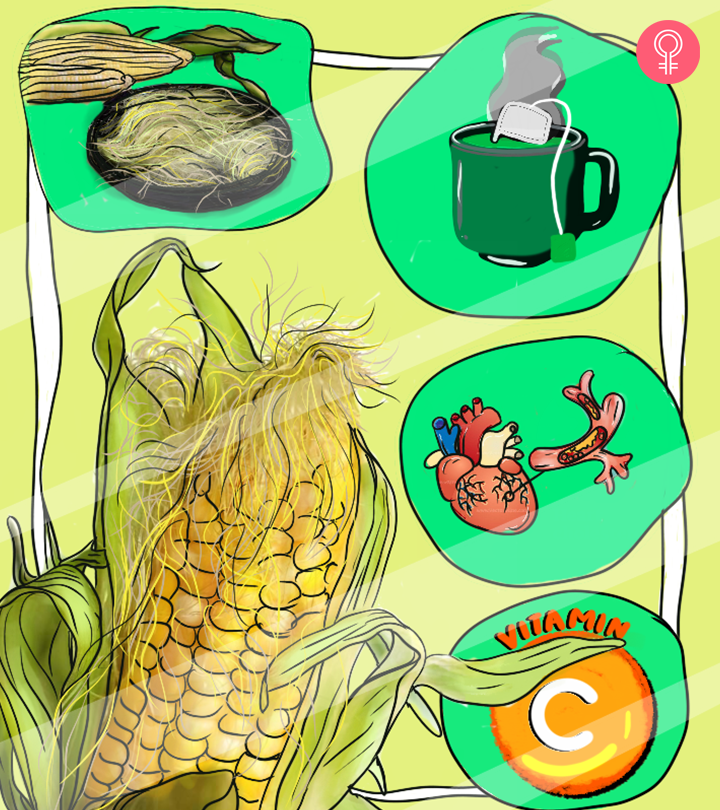
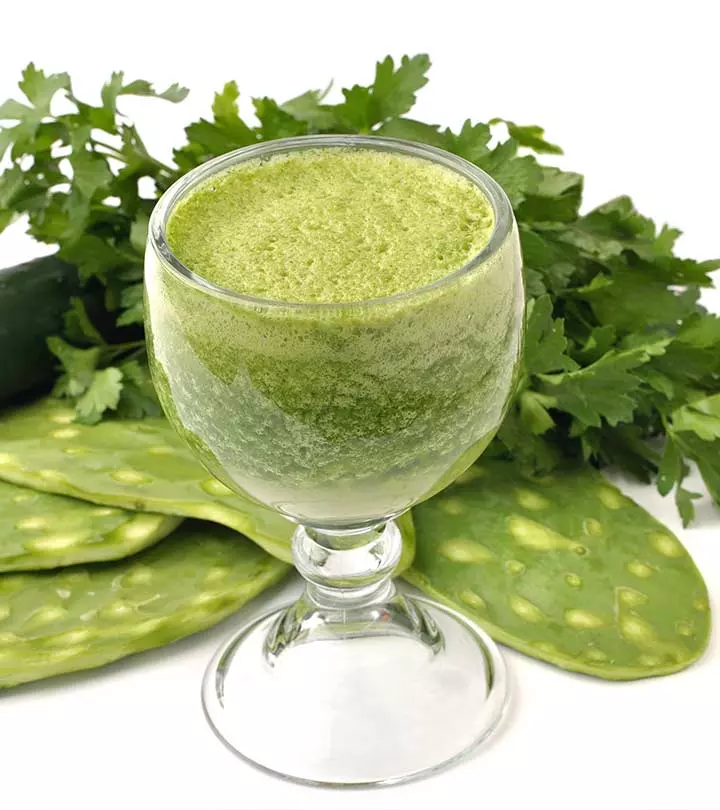

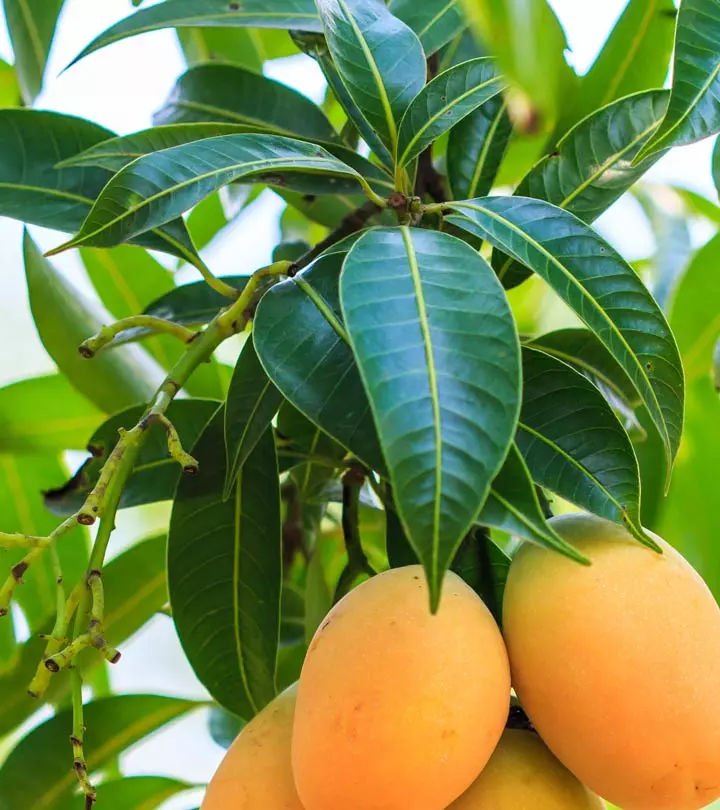
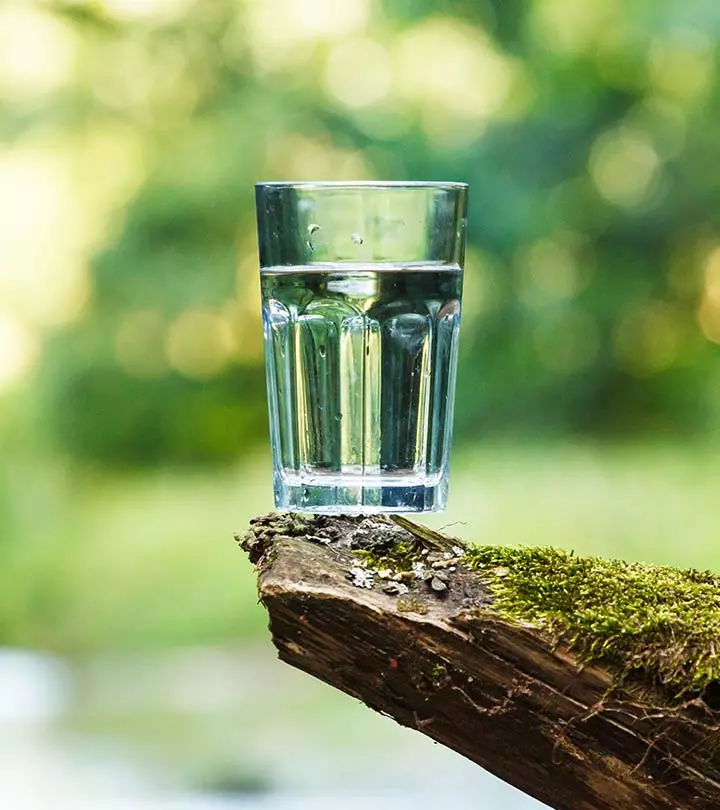
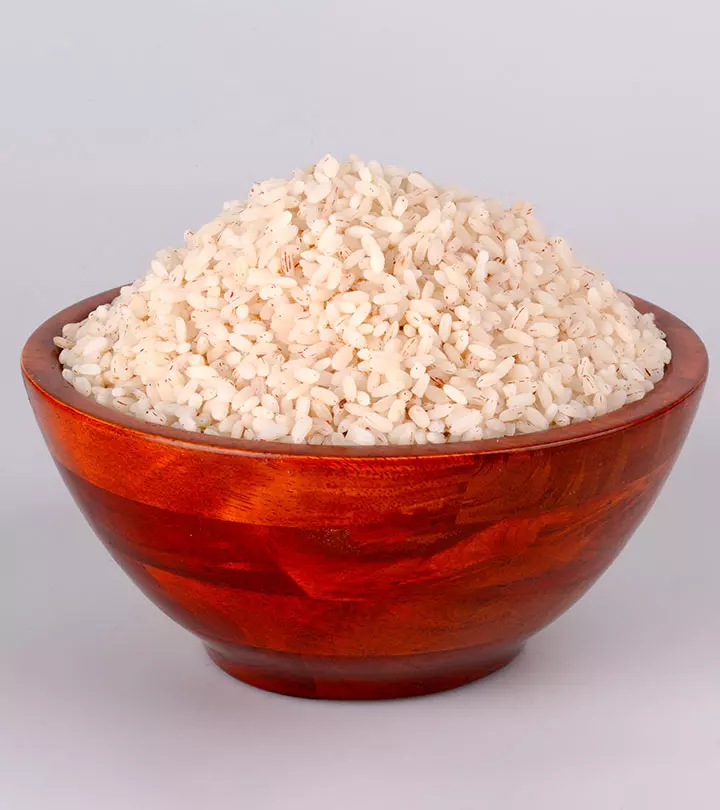
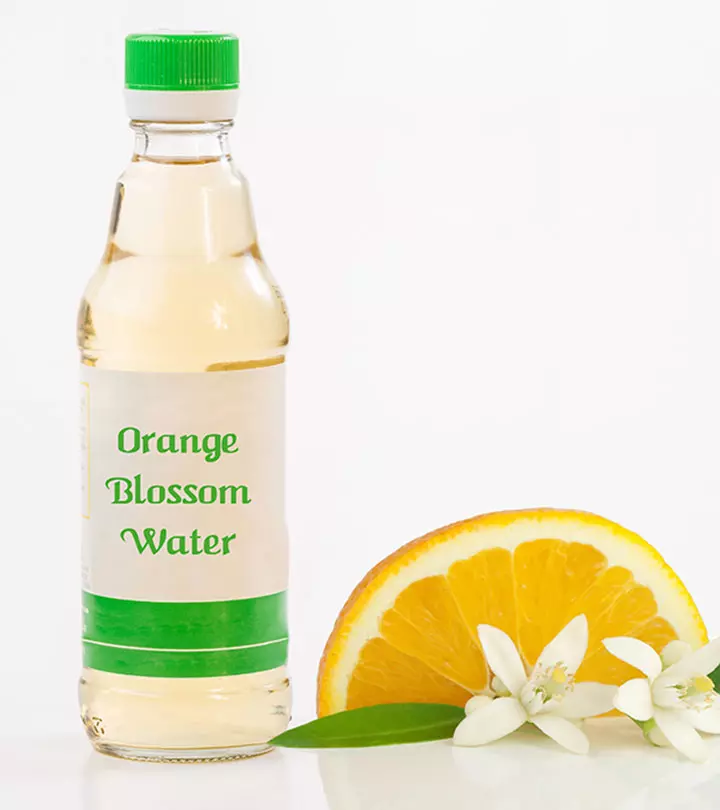
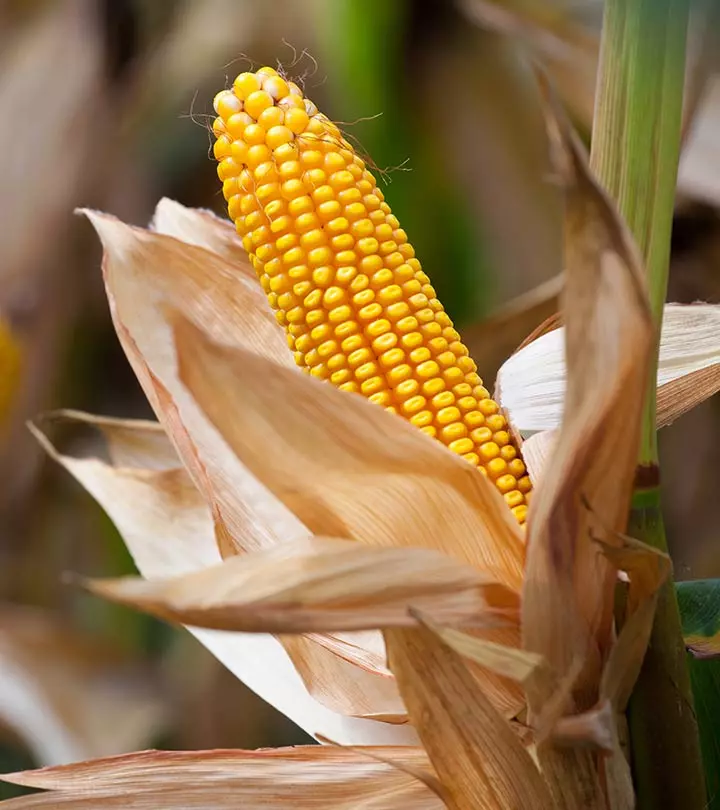
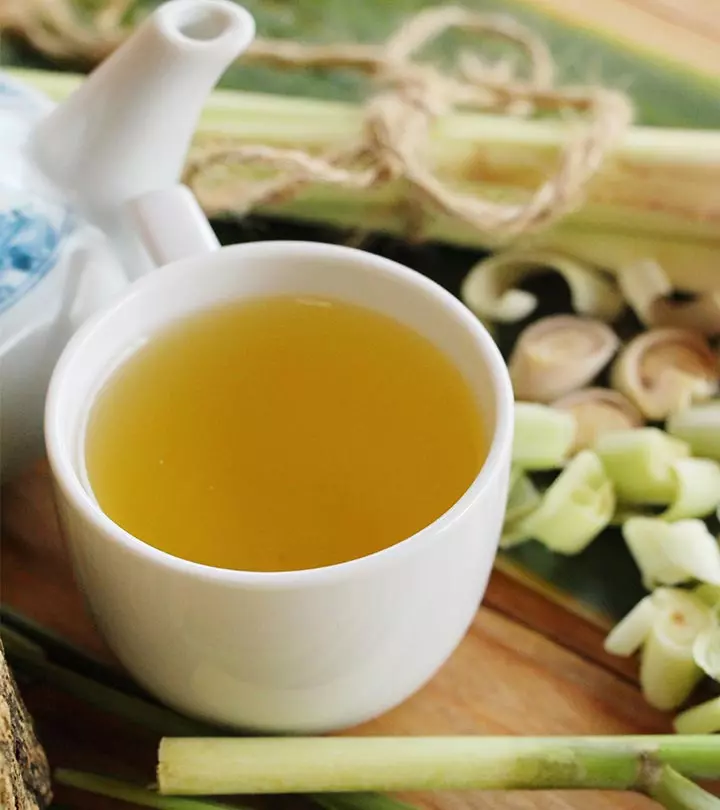
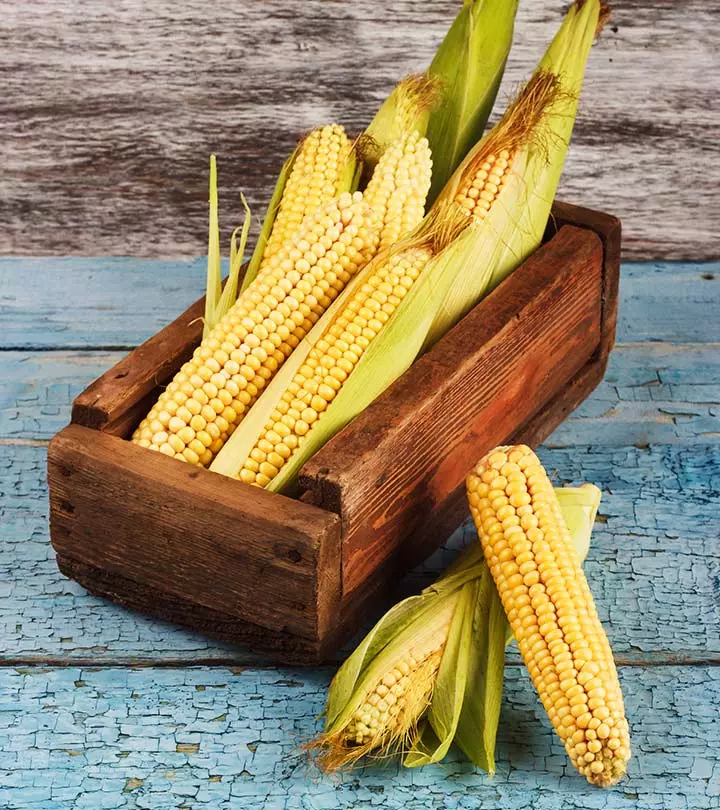
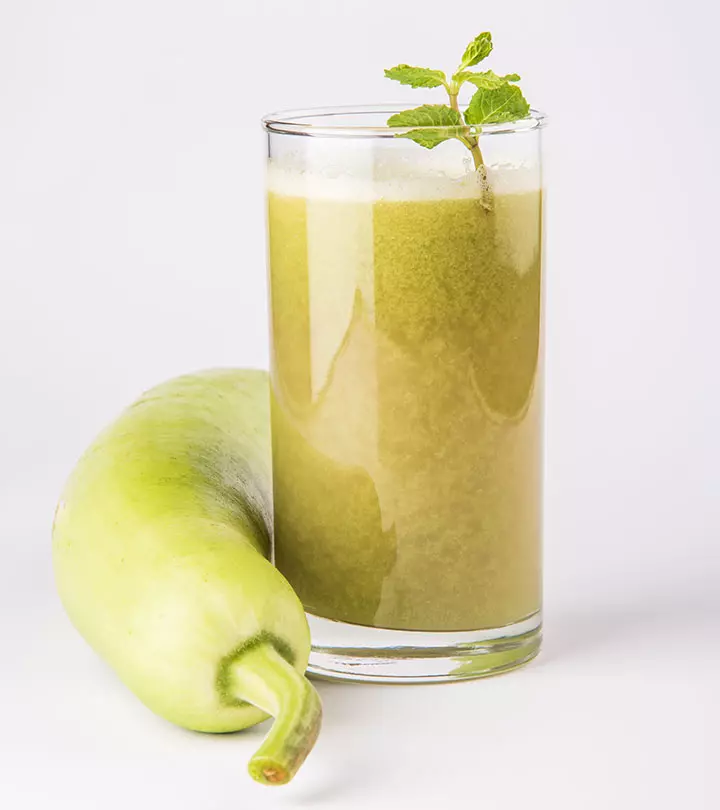
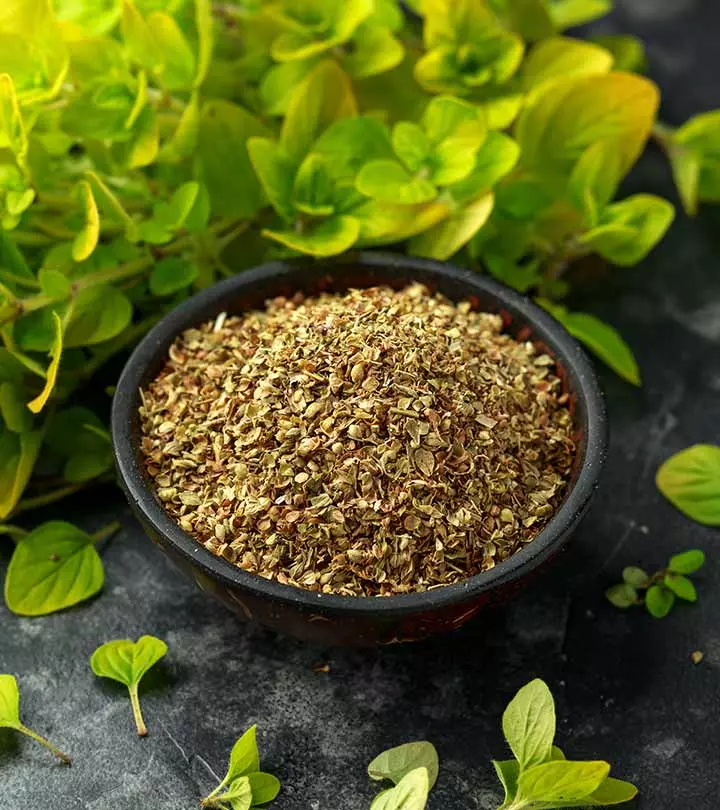
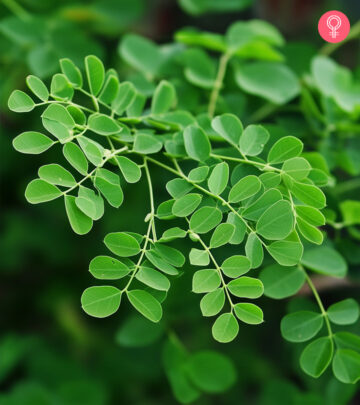
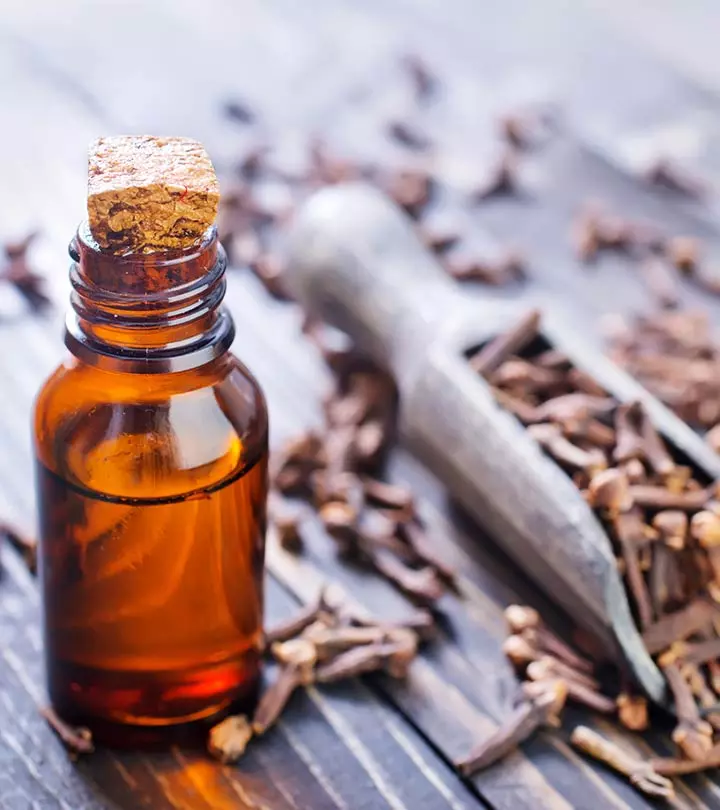
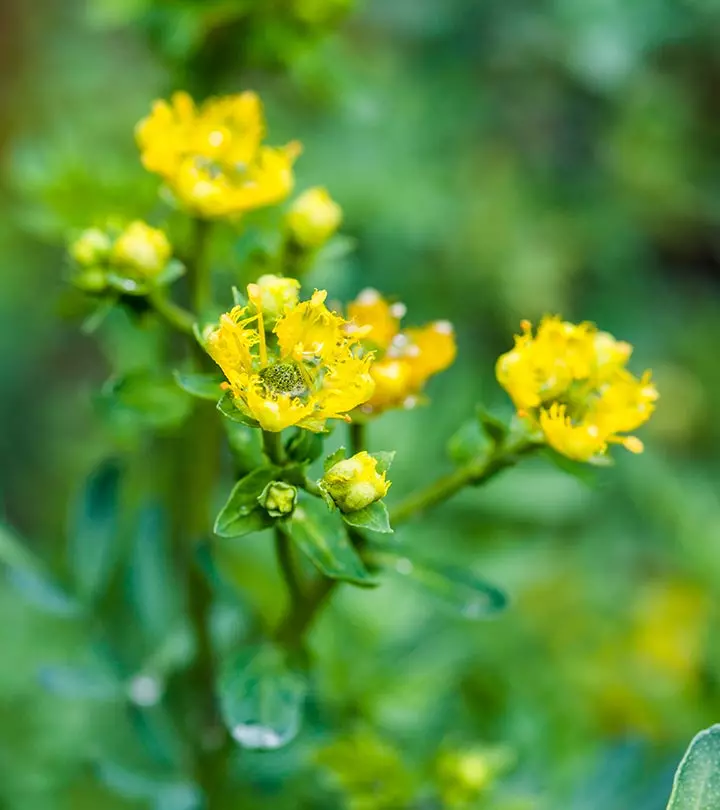
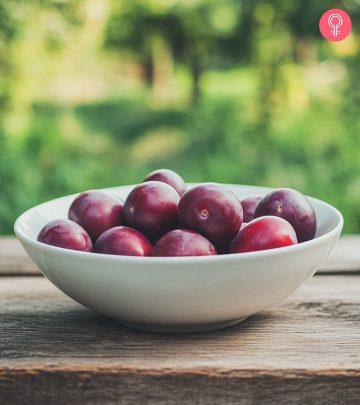
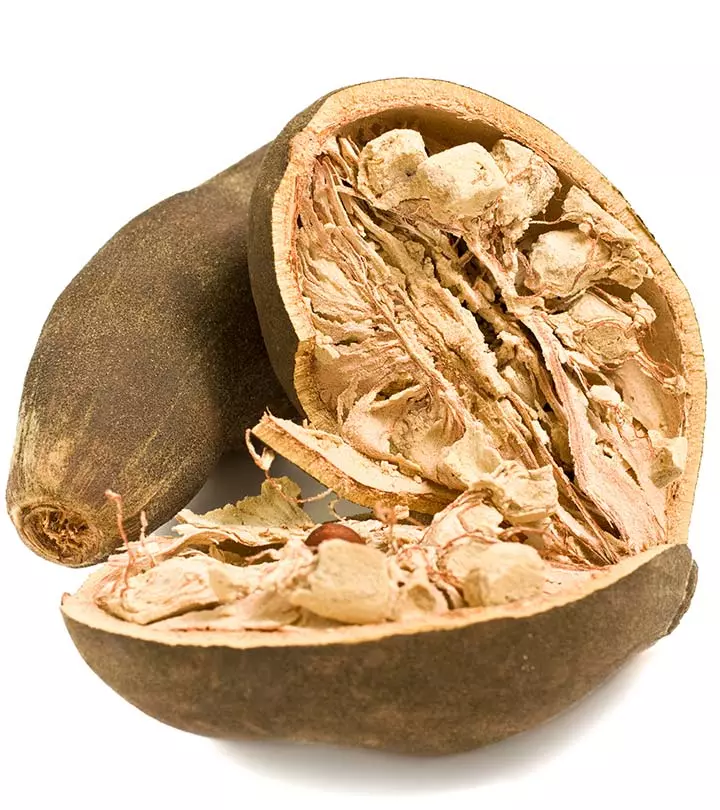
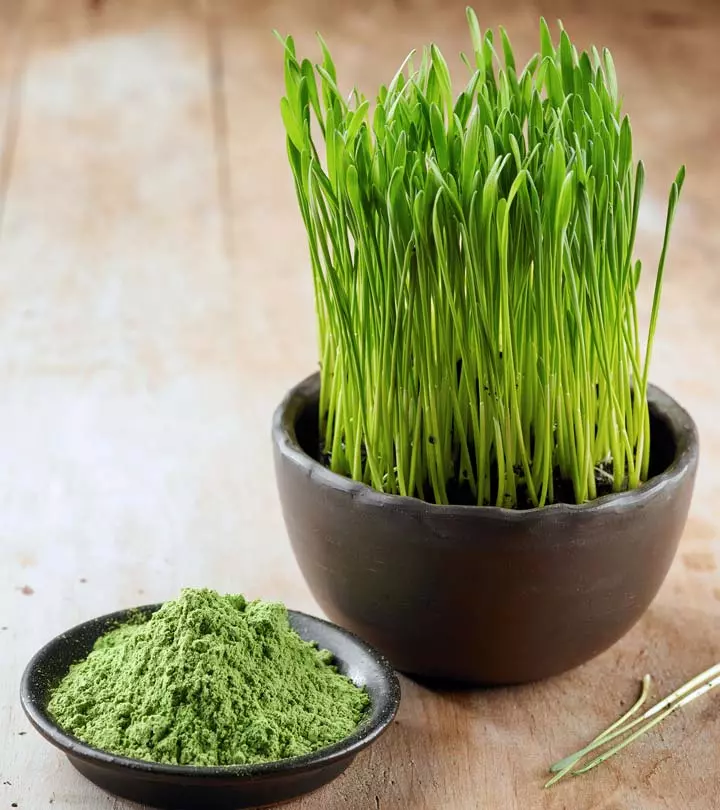
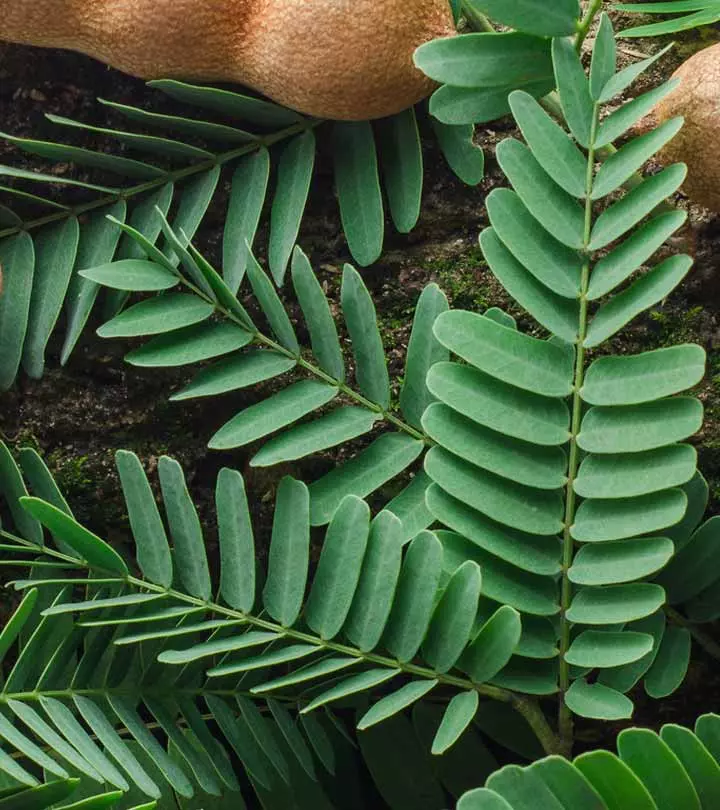
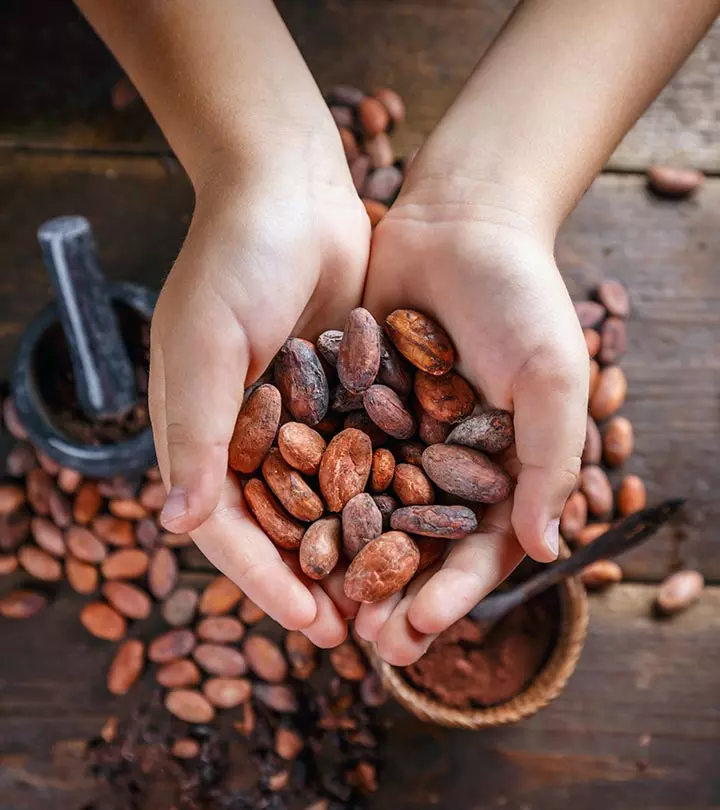
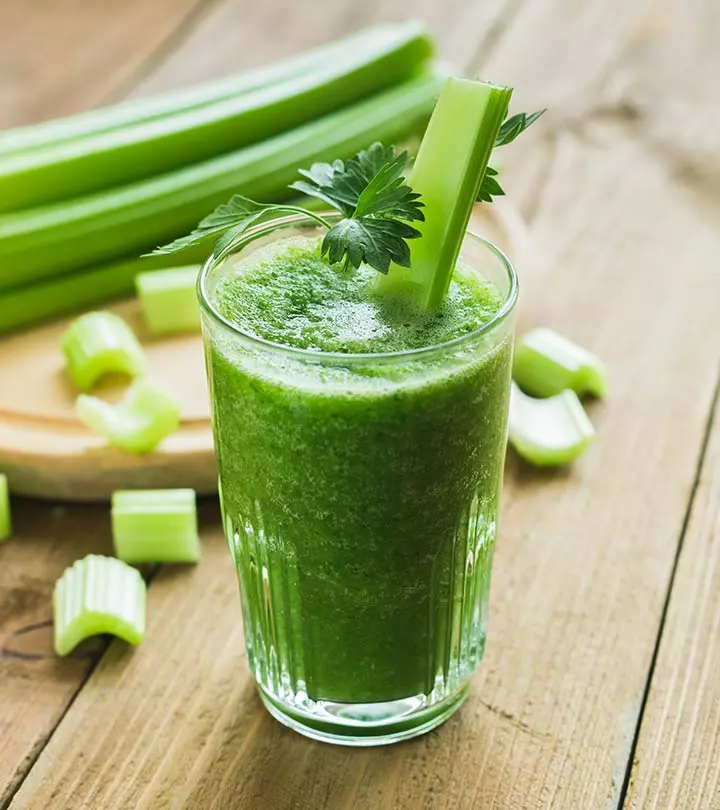
Community Experiences
Join the conversation and become a part of our empowering community! Share your stories, experiences, and insights to connect with other beauty, lifestyle, and health enthusiasts.